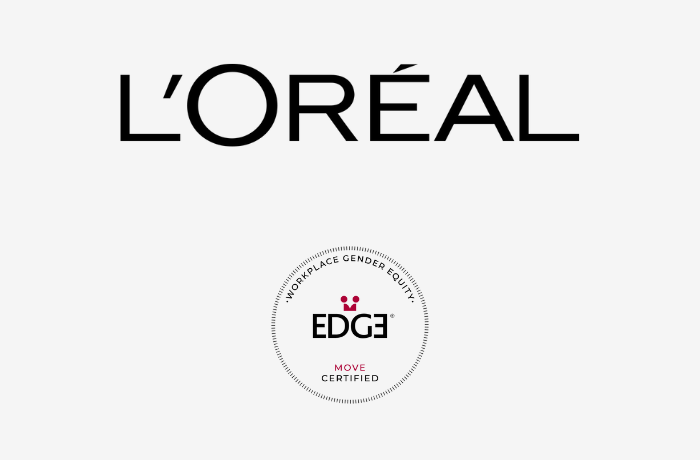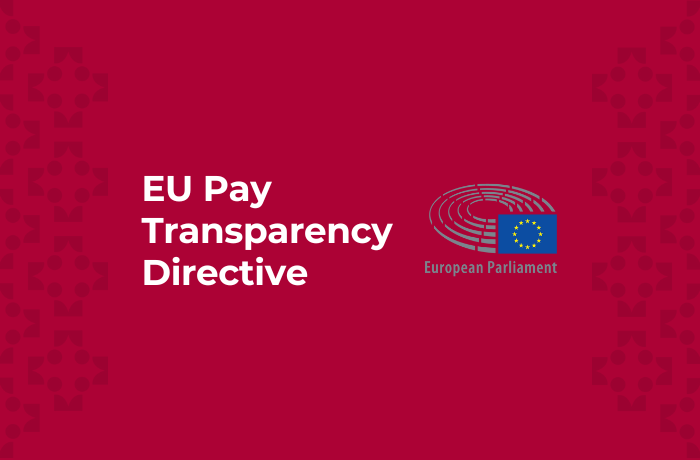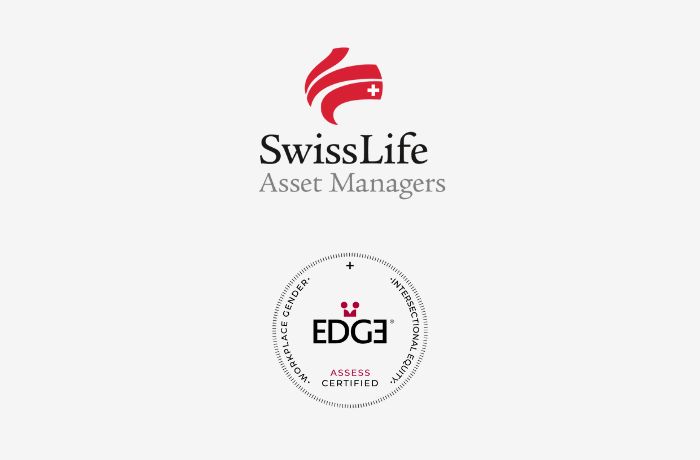In 2020, Spain introduced two complementary Royal Decrees designed to address gender equality. Decree 901 regulates gender equality plans, and Decree 902 helps target gender discrimination in pay, and they apply today to any company with more than 50 employees. Both decrees seek to ensure equal treatment of and opportunities for employees.
Spain has been one of the leaders in Europe in its approach to address gender equality, pay discrimination and equal pay for equal work, now ubiquitous terms used in the Diversity, Equity, and Inclusion (DE&I) discussion. With these decrees, it built on existing measures and established more detailed requirements for equality plans, and processes for identifying and correcting gender discrimination in compensation. This involves the creation of compensation registers, developed in consultation with representatives of the workforce, with strict transparency of access requirements. Companies who do not comply to the policies will receive financial penalties.
For some organizations, that level of transparency and accountability is new. Still, others that are EDGE Certified will recognize these as some of the fundamental principles underpinning the EDGE Standards, which means they are aligned with the Spanish Royal Decree requirements. EDGE Certification and the Spanish government’s approach share the same philosophy that analysis alone will not drive action; only a shared plan of action will accelerate the achievement of sustainable progress and drive change.
Enforcing Gender Equality
The Spanish government has been continuously tightening its gender equality regulations over time. The most recent decrees that took effect in 2021 included decreasing thresholds for compliance; in 2019, it applied to companies of 250 or more employees; in 2021, it dropped to 100 employees and 50 employees in 2022. And the government is increasingly enforcing change. Since January 2023, an amendment to the Public Sector Contracts Act, means that public sector bodies are prohibited to contract with any company with 50 or more employees that cannot evidence a gender equality plan; it is now a requisite part of any tendering process for government contracts.
The Spanish government’s strong signals and equally strong incentives, together with the requirement of employee representative involvement in equality plans and compensation registers, provide a unique way to address the gender equality topic.
The Royal Decree 901 enables negotiating parties to set the time period for the gender equality plan, as long as it does not exceed four years. Therefore, it will be at least another year or so before we can effectively assess the impact of these new measures.
Equal Pay Decree
The gender pay gap analysis approach in Spain covers specific measures for companies of all sizes to keep a pay register of all employees, including executives. The register should include average and median base salaries and extraordinary payments for one calendar-year period, broken down by gender and professional group, professional category, level, job position or any other applicable classification system. Companies must include an audit in the plan to ensure transparency and monitoring of the remuneration system.
Surprisingly, Spain’s pay gap threshold of 25% does not equate to the current identified average pay gap of the OECD (11.9%). If the audit shows that average or median pay for one gender is at least 25% greater than the other, the salary record in the register must include an objective justification based on evidence that this disparity is not due to gender-related reasons.
A key transparency measure of the decree means that employees will have access to the statistical analysis (not the personal data of other workers) and any statement of justification. This will allow workers to bring actions before the employment courts to correct situations if there appears to be gender discrimination in pay.
That level of transparency holds companies accountable for change, an approach also integral to measuring pay equity within the EDGE Certification process. Companies undergoing EDGE Certification are assessed both on the unexplained gender pay gap, data that is subject to independent audit, but also on management practices to communicate on pay equity within the organization.
Equality Plan Decree
Under Spanish law, the pay equity analysis results along with accompanying action plans shall form part of the company equality plan. The plan shall be negotiated with workers’ representatives following specific collective bargaining regulations.
The decree outlines requirements for the equality plan in terms of key structural elements. These elements are consistent with those required of the action plans developed by EDGE Certifying organizations that work to continuously improve their performance against the EDGE Standards, namely:
- The equality plan shall sit at a strategic level within the organization, similarly to EDGE action plans, which are signed off by executive management.
- The equality plan provides a description of specific measures, execution period, as well as design of indicators that allow determining the evolution of each measure, the same requirements as an EDGE Certification action plan.
- Under both the EDGE Certification and Royal Decree requirements, actions shall be supported by adequate and appropriate means and resources, both material and human, necessary for the implementation, monitoring, and evaluation of each of the measures and objectives.
- Both the equality plan and the EDGE action plan require measurable milestones in the form of outcomes that must be monitored for implementation or achieved within specific timeframes. For each measurable milestone, EDGE Certification clients specify how the action is expected to improve the performance against the EDGE Standards.
Comfort for EDGE Certified Organizations in Spain
The underlying principles of accountability and transparency underpin equally the gender equality approach of the Spanish government and EDGE Certification, two strong drivers of real change within organizations on this strategic topic. With EDGE Certification, organizations are audited every two years for them to monitor progress against a recognized international standards framework. Where actions are likely to take longer than a two-year certification cycle to complete, progress is audited and assessed to keep progress on track, just as the Royal Decree expects the monitoring, evaluation, and periodic review of the equality plan. This consistency of gender equality approach, therefore, offers strong comfort to EDGE Certified organizations and their leadership, operating in the Spanish market.




